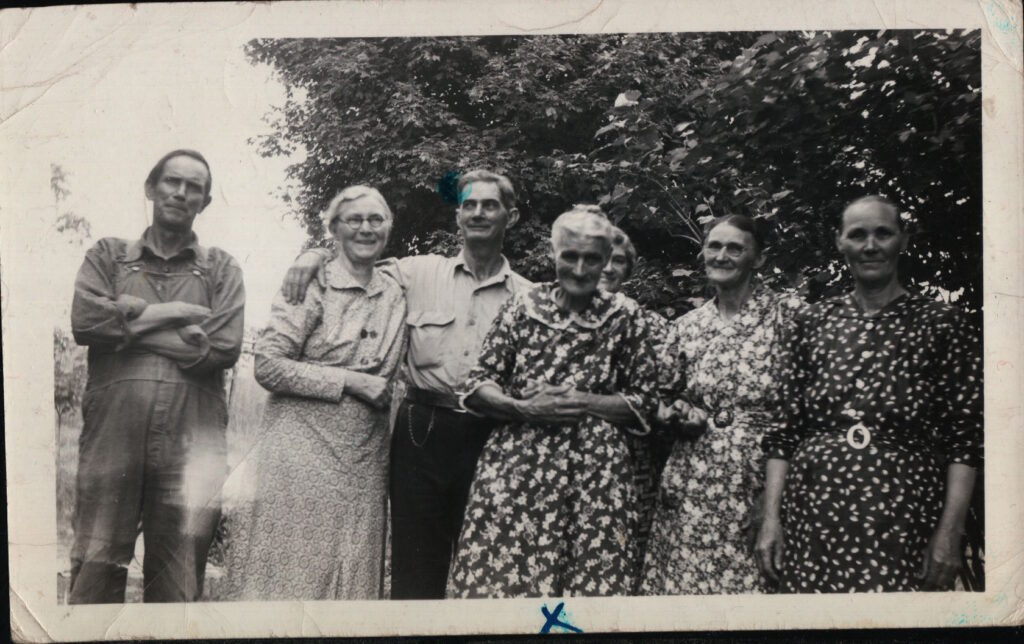Genealogy is an amazing journey into the past that allows us to connect with our ancestors and understand our roots. However, this comes with a significant responsibility to handle sensitive information ethically. As we dig into our family past, we often uncover unexpected or sensitive details about our ancestors’ lives. These revelations can impact not just our understanding of our history but also living family members. It’s essential to approach genealogy with a sense of ethical responsibility, particularly concerning privacy, respect for the deceased, and handling sensitive family discoveries.
The Importance of Privacy

Privacy is a major concern in genealogy. When researching family histories, genealogists often encounter personal information about individuals, some of whom may still be living. It’s crucial to remember that this information is not ours to share. We must not share information on living people. This is not just a matter of legal compliance (such as adhering to data protection laws like GDPR in Europe) but also of ethical respect for individuals’ privacy rights.
Respect for the Deceased
While the deceased do not have the same legal rights to privacy as the living, ethical genealogy practice demands that we treat their information with respect. This involves being mindful of how we present information about them, especially if it pertains to sensitive or potentially embarrassing details. The goal of genealogy is to honor and preserve the memory of our ancestors, not to expose or sensationalize aspects of their lives for curiosity’s sake.
Handling Sensitive Family Discoveries
Genealogical research can sometimes reveal uncomfortable truths, such as instances of criminal behavior, mental health issues, or family secrets like adoptions and affairs. When we uncover such information, it’s vital to tread carefully, considering the potential impact of these discoveries on family members. Here are a few guidelines for handling sensitive findings:
- Consider the purpose of sharing: Before disclosing sensitive information, consider why you are sharing it and who will be affected. If the information is relevant to a family member’s health or understanding of their identity, it may be important to share. However, if sharing serves no purpose other than to satisfy curiosity, it may be best to keep the information private.
- Choose the right time and place: If you decide to share sensitive information, do so in a private, respectful setting. Allow the family member to process the information and offer them support.
- Be prepared for different reactions: People react differently to surprising or sensitive information. Be prepared for a range of emotions and respect the individual’s right to process the information in their own way.
Conclusion
Genealogy is not just about collecting names and dates; it’s about understanding the lives of those who came before us and how their experiences shape our present. As genealogists, we have the privilege of uncovering these stories, but with that privilege comes the responsibility to do so ethically. By prioritizing privacy, respecting the deceased, and handling sensitive discoveries with care, we can ensure that our genealogical research honors our ancestors and strengthens our family connections in a respectful and meaningful way.
